What Is Audio Recorder On My Phone?
In today's digital age, smartphones have become indispensable tools for a myriad of tasks, ranging from communication to entertainment, and even productivity. One of the often-overlooked yet incredibly useful features of modern smartphones is the audio recorder. This tool can serve a variety of purposes, from capturing fleeting ideas to recording important meetings or lectures. In this article, we will delve into what an audio recorder on your phone is, its various uses, and how to make the most out of this handy feature.
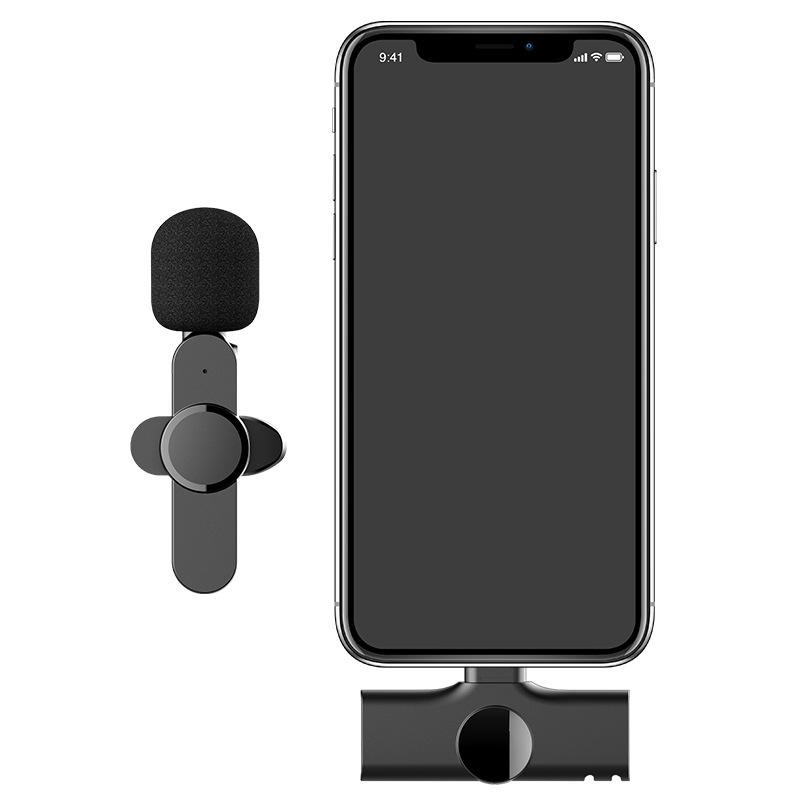
What is an Audio Recorder on Your Phone?
An audio recorder on your phone is a built-in or downloadable application that allows you to capture sound through the device's microphone. The recorded audio can then be saved, edited, and shared as needed. Most smartphones come with a pre-installed audio recording app, but there are also numerous third-party apps available that offer additional features and functionalities.
Common Uses of an Audio Recorder
1. Note-taking and Idea Capturing
One of the most common uses of an audio recorder is for note-taking. Whether you're a student, a professional, or a creative individual, there are moments when writing down notes isn't feasible. In such cases, an audio recorder can be a lifesaver. You can quickly capture your thoughts, ideas, or important information without missing a beat.
2. Recording Meetings and Lectures
For students and professionals alike, recording lectures or meetings can be incredibly beneficial. Instead of frantically scribbling notes, you can focus on listening and understanding the content, knowing that you can revisit the recording later. This is particularly useful for complex subjects or detailed discussions.
3. Interviews and Journalism
Journalists and researchers often rely on audio recorders to capture interviews. This ensures that they have an accurate record of the conversation, which can be transcribed later. It also allows them to focus on the interviewee rather than on taking notes.
4. Voice Memos and Reminders
Many people use audio recorders to set voice memos and reminders. This can be particularly useful for those who find it easier to speak their thoughts rather than write them down. Voice memos can be used for personal reminders, to-do lists, or even as a way to capture creative ideas on the go.
5. Podcasting and Content Creation
With the rise of podcasting and digital content creation, audio recorders have become essential tools for many creators. High-quality audio recordings are crucial for producing professional-sounding podcasts, voiceovers, and other audio content.
Features to Look for in an Audio Recorder App
While most smartphones come with a basic audio recording app, you might find that you need additional features for specific tasks. Here are some features to consider when choosing an audio recorder app:
1. Audio Quality
The quality of the recorded audio is paramount, especially for professional use. Look for apps that offer high-fidelity recording options and support for various audio formats.
2. Editing Capabilities
Basic editing features such as trimming, cutting, and merging audio files can be incredibly useful. Some apps also offer advanced editing tools, such as noise reduction and equalization.
3. File Management
Efficient file management is crucial, especially if you record frequently. Look for apps that allow you to organize your recordings into folders, add tags, and easily search for specific files.
4. Sharing Options
The ability to easily share your recordings via email, cloud storage, or social media can be a significant advantage. Some apps also offer direct integration with transcription services.
5. User Interface
A user-friendly interface can make a big difference in your overall experience. Look for apps that are intuitive and easy to navigate.
How to Use the Audio Recorder on Your Phone
Using the audio recorder on your phone is generally straightforward, but here are some tips to help you get the best results:
1. Find a Quiet Environment
Background noise can significantly affect the quality of your recording. Whenever possible, find a quiet environment to ensure clear audio capture.
2. Position Your Phone Correctly
The placement of your phone can impact the quality of the recording. Hold the phone close to the sound source, but not so close that it distorts the audio. If you're recording a lecture or meeting, placing the phone on a flat surface can help capture sound more evenly.
3. Monitor the Recording
Some apps allow you to monitor the recording levels in real-time. This can help you adjust the microphone placement or settings to avoid clipping or distortion.
4. Use External Microphones
For higher-quality recordings, consider using an external microphone. Many smartphones support external mics via the headphone jack or USB port, and these can significantly improve audio quality.
5. Save and Backup Your Recordings
Always save your recordings as soon as you're done, and consider backing them up to cloud storage or an external device. This ensures that you don't lose important audio files.
The audio recorder on your phone is a versatile and powerful tool that can serve a wide range of purposes. Whether you're a student, professional, journalist, or content creator, understanding how to use this feature effectively can greatly enhance your productivity and creativity. By choosing the right app and following best practices for recording, you can ensure that you capture high-quality audio whenever you need it. So the next time you have an important idea, meeting, or lecture, remember that your smartphone's audio recorder is just a tap away.

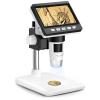
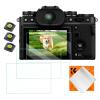


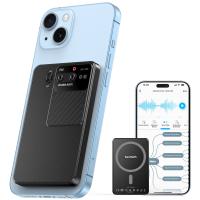
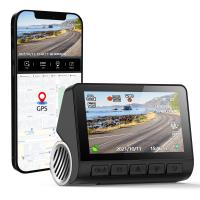
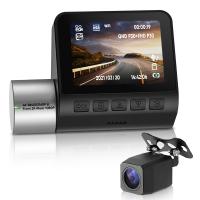
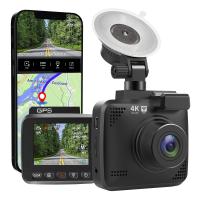
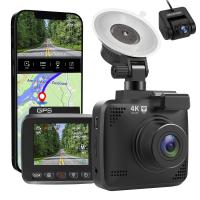
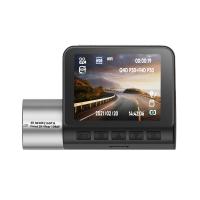
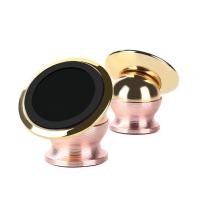
![K&F Concept Selfie Ring Light with Cell Phone Holder for Live Stream and Makeup, LED Light [3-Light Mode] [10-Level Brightness] with Remote Control and Flexible Hose Bracket for iPhone Android【Ship to the US Only】 K&F Concept Selfie Ring Light with Cell Phone Holder for Live Stream and Makeup, LED Light [3-Light Mode] [10-Level Brightness] with Remote Control and Flexible Hose Bracket for iPhone Android【Ship to the US Only】](https://img.kentfaith.com/cache/catalog/products/us/KF34.001/KF34.001-1-200x200.jpg)
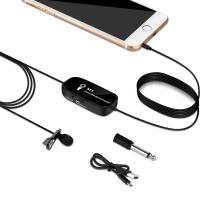
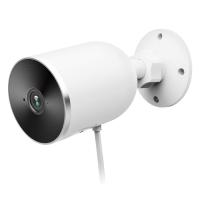
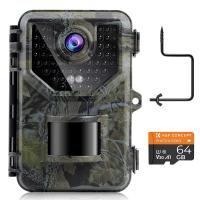


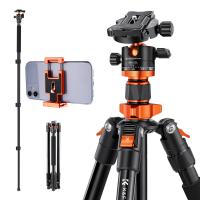
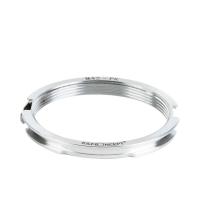
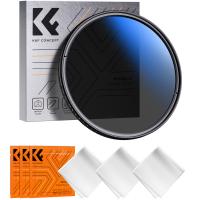

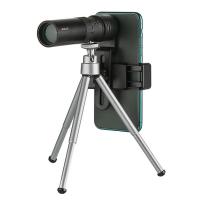
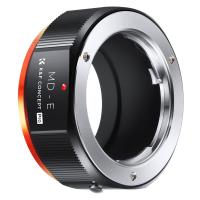
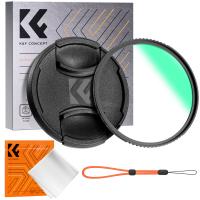
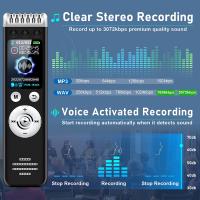
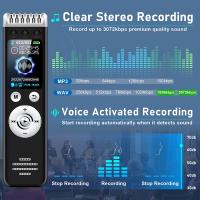
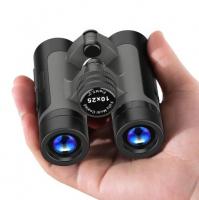


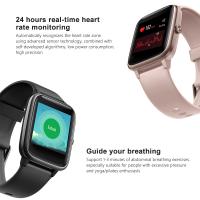
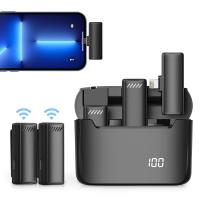

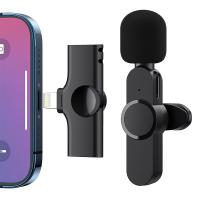

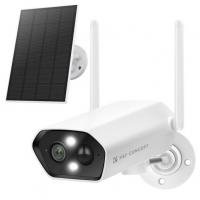
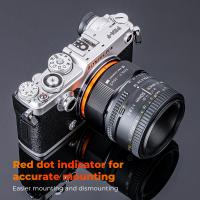

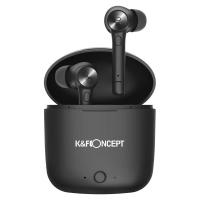


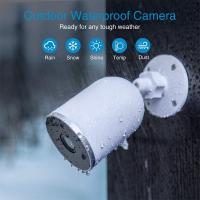


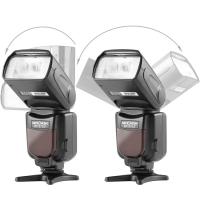
There are no comments for this blog.